Learn the Facts
The Problem
Michigan lags behind other states when it comes to protecting kids and communities from the dangers of smoking and tobacco.
Tobacco use is a critical public health issue in Michigan with addictive and dangerous products fueling a serious youth tobacco and nicotine problem.
Tobacco is the leading cause of preventable death in our country, and Michigan needs to get serious about tobacco prevention.
Tobacco use kills 16,200 Michiganders each year, according to the CDC — more than drug overdose, alcohol, auto accidents, murders, suicides, and HIV combined.
14% of Michigan high schoolers use e-cigarettes, according to the CDC.
Michigan spends less than 2% of the CDC’s recommended spending on tobacco prevention programs, while the tobacco industry spends $300 million a year to market their products to our youth.
Over the last three years, 26% of Michigan tobacco retailers failed federal compliance checks and sold to kids.
95% of youth who attempted to buy e-cigarettes were not turned away because of age, according to the 2023 Michigan Youth Tobacco Survey.
Michigan is one of only 10 states that does not require tobacco retailers to purchase a license. We know kids are easily gaining access to addictive tobacco products at neighborhood stores because so many retailers are failing federal compliance checks.
Michigan voters agree: A statewide survey shows that Michigan voters strongly support a comprehensive legislative plan to reduce tobacco use in the state. Two-thirds of likely voters (67%) support the bill package, with nearly half of voters (48%) strongly in support.
Our Policy Priorities
Michigan needs effective tobacco prevention policies to protect our youth and reduce health disparities. Policy solutions include:
Requiring tobacco retailers to be licensed, just like liquor and marijuana retailers, so the state can effectively enforce laws prohibiting the sale of tobacco to minors.
Repealing ineffective penalties that punish kids and, instead, hold the companies that profit from tobacco sales accountable.
Taxing e-cigarettes and vaping products just like cigarettes and other tobacco products.
Investing funding in proven prevention and cessation strategies to reduce youth tobacco use.
